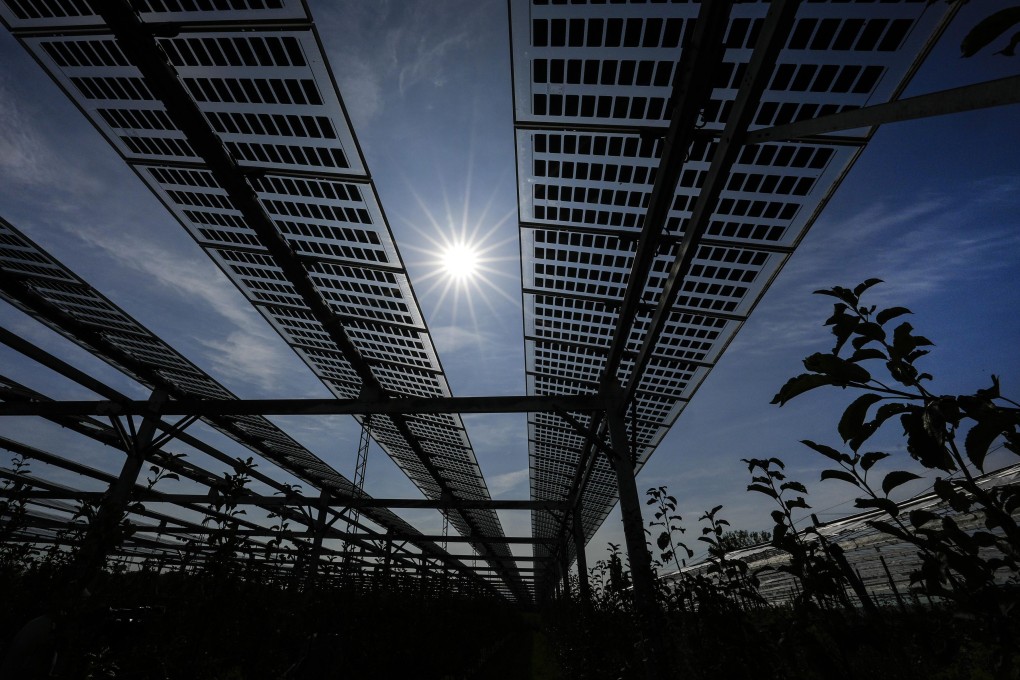Macroscope | How Europe’s energy crisis could spur faster shift to renewables
- Rising inflation amid shrinking gas supplies from Russia is pushing Europe to the brink of recession, but there could be a long-term silver lining
- Europe’s response includes measures to accelerate the shift to renewable energy sources and remove hurdles that slow new projects

Although prices have eased recently, Dutch natural gas futures prices are still up close to 300 per cent, relative to 2021 levels. This rise in inflation has eroded household spending power as well as consumer and business sentiment in Europe, pushing the region to the brink of recession.
To fully grasp the issue, it is helpful to look at how dependent each major European economy is on Russian gas supplies. Finland (92 per cent), Germany (59 per cent) and Denmark (52 per cent) were the most reliant among all European economies on Russian gas imports as a share of their total gas consumption before the war in Ukraine.
It’s also important to look at the percentage of gas in total energy consumption. In 2021, gas constituted a large portion in Italy (42 per cent), the UK (40 per cent) and the Netherlands (34 per cent).
Finally, there is ability of a country to stockpile gas supplies in case of a shortfall in deliveries. From this perspective, Finland (zero storage capacity), Sweden (1 per cent) and the UK (1 per cent) are the most vulnerable.
